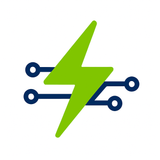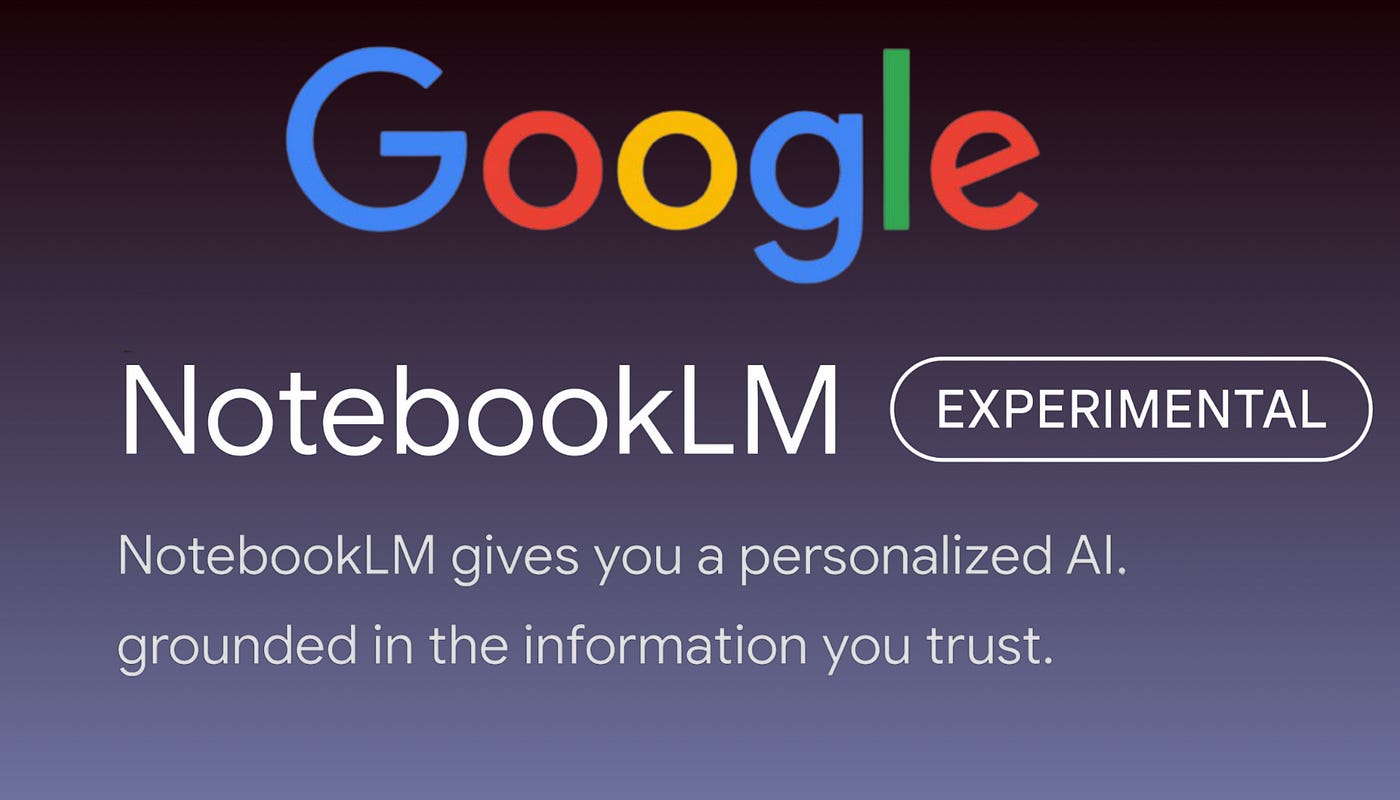Why Apple Is Taking the Slow Lane on the AI Highway

Why Apple Is Taking the Slow Lane on the AI Highway
In the fast-paced world of artificial intelligence, where tech companies are racing to integrate AI into every aspect of our lives, Apple seems to be taking a more measured approach. While competitors are launching AI-powered features left and right, Apple is often perceived as "playing it slow." But why is this the case? Is Apple falling behind, or is there a strategic method to their apparent madness?

Apple's cautious approach to AI | Max Murshed, MS, MBA (Honors) posted on the topic | LinkedIn
The "Tim Cook Doctrine" and Internal Control
One of the key reasons behind Apple's cautious AI strategy is what's been dubbed the "Tim Cook Doctrine." This refers to Apple's long-standing emphasis on internal control, meticulous product development, and seamless integration of hardware and software. Unlike companies that embrace open collaboration and external AI solutions, Apple prefers to develop its AI capabilities in-house, ensuring that they meet the company's stringent standards for quality, privacy, and security.
- Privacy First: Apple has always positioned itself as a champion of user privacy. Integrating AI responsibly, without compromising user data, is a top priority.
- Seamless Integration: Apple aims for a cohesive user experience across its devices and services. AI must enhance, not disrupt, this ecosystem.
- Quality over Quantity: Apple prioritizes delivering polished, reliable features over rushing out half-baked AI implementations.
The Benefits of a Cautious Approach
While some may view Apple's slow AI adoption as a weakness, there are several potential benefits to this approach:
- Enhanced User Experience: By taking its time, Apple can ensure that AI features are seamlessly integrated into its ecosystem, providing a smooth and intuitive user experience.
- Stronger Security and Privacy: Developing AI in-house allows Apple to maintain greater control over data security and user privacy, mitigating the risks associated with external AI solutions.
- Greater Reliability: Thorough testing and refinement can lead to more reliable and robust AI features, reducing the likelihood of errors and glitches.
What’s Next?
Apple's slow and steady approach to AI may not grab headlines like the flashy announcements of its competitors, but it reflects a deep commitment to user experience, privacy, and quality. As AI continues to evolve, Apple's deliberate strategy could ultimately position it as a leader in responsible and user-centric AI innovation. The company is expected to unveil more AI features in the coming years, but don't expect a radical shift in its overall approach. Apple will likely continue to prioritize quality and integration over speed, ensuring that AI enhances, rather than detracts from, the Apple experience.





